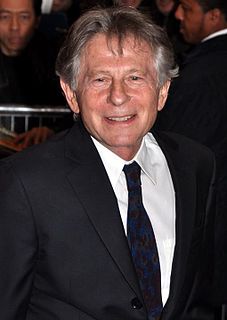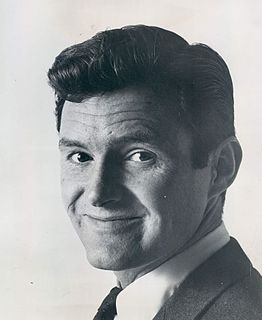A Quote by Roman Polanski
Cinema should make you forget you are sitting in a theater.
Related Quotes
For people to understand, you can't speak 'cinema.' Cinema doesn't have alphabets, so you have to go to the local language. Even in England, if they make a movie in London they have to make it in the Cockney accent, they can't make a film with the English spoken in the BBC. So cinema has to be realistic to the area that it is set in.
In the point of view of my personal feelings, I love the music as well as the cinema, but the future of a trumpet player - in the money point of view, but also any point of view - is very short on expectations. The life of a moviemaker can be glorious and wonderful. It can put your life in the best of possibilities. I decided to forget music. Not forget, because this is impossible, but to work in cinema, and just to be someone who loves music, and who tries to make music with his films.
I think what I loved in cinema - and what I mean by cinema is not just films, but proper, classical cinema - are the extraordinary moments that can occur on screen. At the same time, I do feel that cinema and theater feed each other. I feel like you can do close-up on stage and you can do something very bold and highly characterized - and, dare I say, theatrical - on camera. I think the cameras and the viewpoints shift depending on the intensity and integrity of your intention and focus on that.
I think film is a world of directors. Theater is a world of actors. Or, theater is for actors as cinema is for directors. I started in theater. Filming is as complete as directing film. In theater, you are there, you have a character, you have a play, you have a light, you have a set, you have an audience, and you're in control, and every night is different depending on you and the relationship with the other actors. It's as simple as that. So, you are given all the tools.
The best movie theater in the world is in a dingy basement on Manhattan's Upper West Side. The worn seats are painful. There are probably bigger screens in half the apartments in the complex above the theater. And forget Fandango; the theater barely has a website. You want to buy a ticket? Get in line.
My definition [of genius] would be about being completely involved in your art form. So that's outside of sciences. Within the arts it's about taking people on a journey, being able to involve me completely-whether you're singing a song, whether it's in the theater, whether you're dancing-if you can make me forget I'm sitting in a seat, that's my definition of genius.




































